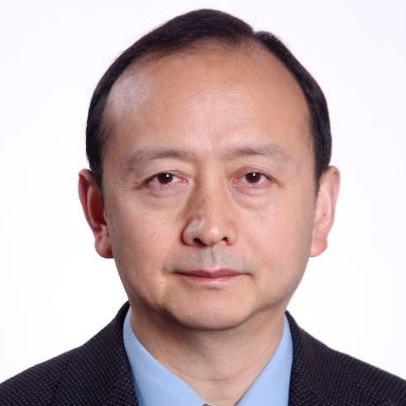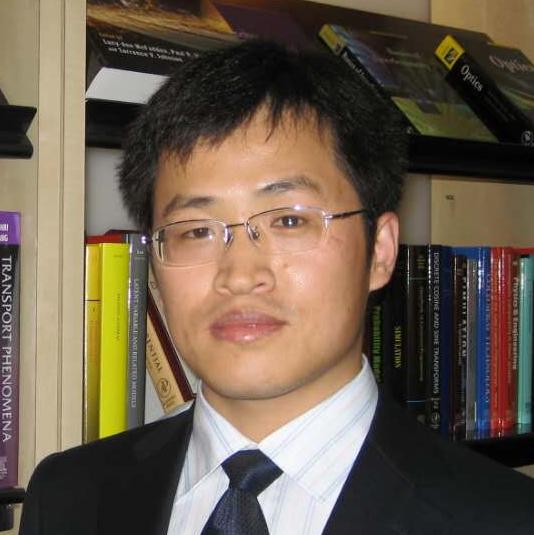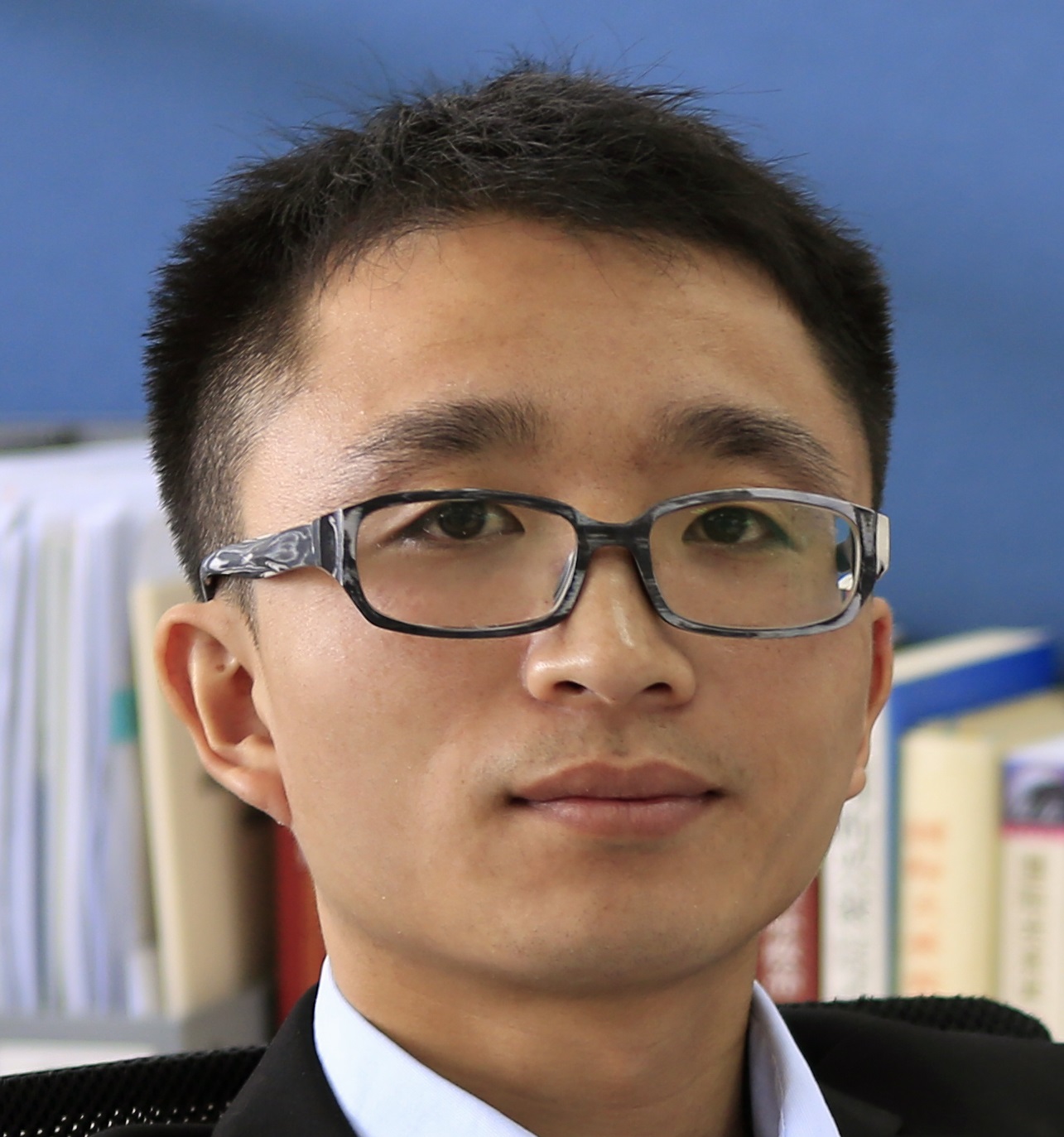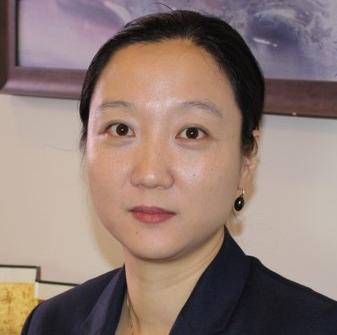China will mark the 70th anniversary of the victory in the War of Resistance against Japanese Aggression and the victory in the World Anti-Fascist War with a grand parade in Beijing’s Tian’anmen Square on September 3. It remains to be seen how this parade might be viewed differently by the international community from a similar parade in Moscow’s Red Square, which was honored by the presence of President Xi Jinping.
A parade in Tian’anmen Square is a time-honored tradition. But this one celebrating the victory of World War II is exceptional. Many countries in Asia were involved in the war. But no other countries have fought so hard for so long against Japanese invaders with such great losses. However, the grand parade in Beijing is more than a gala for all who had suffered and then won. It is meant to project China as a peace-loving country that will never allow such trauma to happen again, and to convince the world that China’s growing military strength, rather than saber-rattling, is for the peace of itself and that of others.
China is rising, amid awe, fear and admiration. It is getting closer and closer to the place it had once enjoyed in its heydays. But a rising China yearns to be loved rather than awed, let alone feared.
From 1949 to 1979, albeit for different reasons, China would have a war in each decade. In the cold war era, there was even a time when China was challenging two superpowers at same time. But from 1980 onwards, China has not used force in any disputes with any country. In other words, China was confrontational when it was weak and chaotic, but China’s growth in comprehensive national strength since reform and its integration into the outside world have made its behavior benign and predictable.
China’s rise is so far peaceful, but not as a result of good luck. In the last two decades, there were quite serious challenges that could have derailed China from its fast track since 1979, such as Taiwan ex-leader Chen Shui-bian’s call for referendum on independence in Taiwan, NATO’s bombing of the Chinese embassy in Yugoslavia, a Chinese aircraft’s collision with an American aircraft above China’s EEZ, to name but a few. Any one of these could have triggered conflicts or wars. But China has managed these with utmost restraint. That restraint is also reflected in the following facts: China has never sent its military aircraft to fly over the Diaoyu Islands, where China claims sovereignty. Nor have Chinese naval vessels sailed into the waters within 12 nautical miles of the Diaoyu Islands. China hasn’t threatened to take back any islands occupied by other countries but claimed by China in the South China. Indeed in the South China Sea, China is expanding its military establishments on the reefs under its control, but only as a follow-up to what Vietnam, the Philippines and Malaysia have been doing over years.
The Chinese military is more cautious overseas. It was not until 2014 that China decided to send an infantry battalion for peacekeeping in South Sudan, over 20 years after it first sent peacekeeping observers overseas since 1990.
By inviting world leaders to come to Beijing for the parade, China also wishes to send the following message: China can joint the world in safeguarding the current international order. Although it has veto power as a permanent member of the UN Security Council, China for many years has had to wear a straitjacket of international systems and regimes that are tailor-made by the West. China’s attitude only changed in recent years. As the second-largest economy in the world, it no longer calls for establishing “a new international political and economic order”. Instead, Chinese Premier Li Keqiang declared during his visit to India that China is the beneficiary and protector of the current international order and international system. The warm response from many Western countries to China’s AIIB proposal is an example of how China can really help in improving current international financial systems.
A stable world order depends, in the first place, on whether China and the US can trust each other. In spite of talks at all levels and a few hotlines, the largest issue between the two countries is still trust. China believes the US wants to see China changing its “color” of a socialist country, while the US believes a stronger China will aim to drive the US out of the Western Pacific. For China, no matter how the US changes its tone, America’s rebalance towards Asia is at least because of China and at worst against China. The latest efforts of the US trying to dissuade its allies from joining the AIIB cannot assure China of the “good intention” of the US either.
If China’s sense of insecurity has subsided, then a question arises: Can the PLA, among the largest armed forces in the world, contribute to maintaining the world order? “Going out” is no longer a buzzword for PLA, as it was a few years ago. It is a given, and there is no recoil. The PLA Navy is at the forefront. Spearheaded by counter-piracy efforts in the Gulf of Aden since 2009, its operations overseas are becoming more sophisticated and frequent. It could have never envisioned before 2009 that one day it would be tasked to escorted ships loaded with chemical weapons out of Syria or to provide fresh water to the Maldivians. PLA naval vessels have appeared in the waters of Gulf of Guinea and the Strait of Sunda.
Nevertheless, the PLA’s ambition is limited: help the world rather than “save” the world. This echoes China’s official statement that China would shoulder its due responsibilities in line with its national strength. PLA has no ambition of global military presence. Its missions overseas so far are humanitarian in nature, be it peacekeeping, counter-piracy, humanitarian aid, disaster relief or evacuation of people. In the Indian Ocean, PLA Navy has managed to blend China’s national interests with its international responsibilities. It doesn’t escort China’s ships only, but foreign ships as well. In the recent evacuation of Chinese nationals from Yemen, over 279 foreigners from 15 countries were also evacuated by the Chinese navy.
The last thing that PLA wants is to be seen as “world police”. But this doesn’t suggest that it cannot cooperate with the west in the commonly agreed areas. In fact, the PLA’s external relations have extended to over 150 countries. For example, in the Gulf of Aden, Chinese task forces have worked in tandem with EU naval forces in escorting ships for the World Food Program. Its medical resources are shared with navies from over 20 countries in fighting piracy. It is even discussing technical possibilities of mutual refueling with EU and NATO.
In human history, a multi-polar world has often been the reality; Uni-polar never really exists; Bi-polar environments only survived briefly. Seventy years after the World War II, the world has gone through the vicissitudes of the Cold War, the independence of colonial countries, the disintegration of the Soviet Union and the rise of China. Each of these has fundamentally shaped the world order. If indeed the rise of China is the most important event in the 21 century, the message from the Tian’anmen Square parade is clear: The PLA can help to make the world a safer place.




